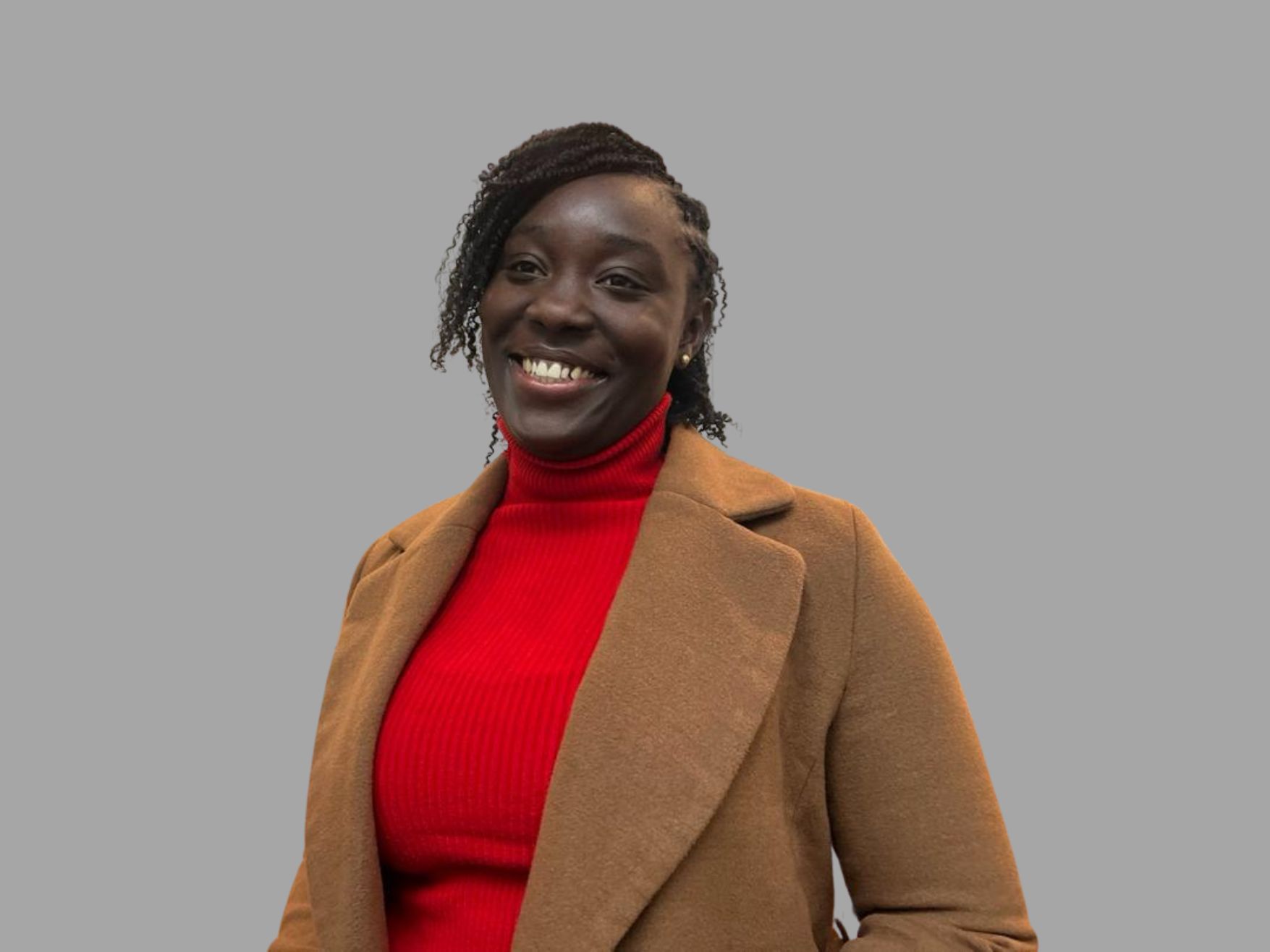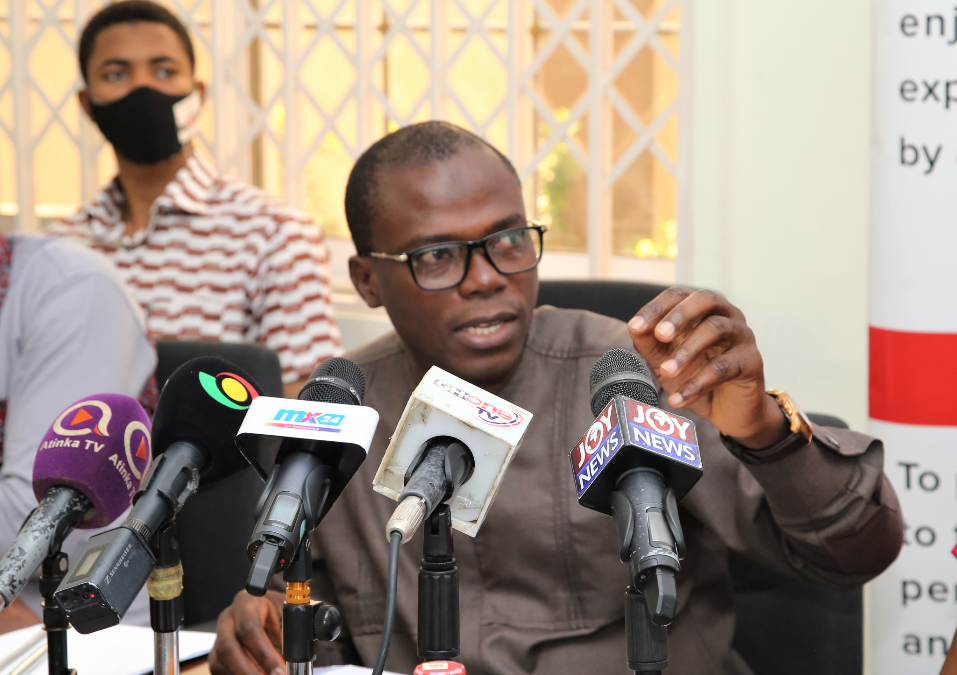In every election season, political parties present their manifestoes to electorates who will scrutinise them and vote for their preferred candidate. The manifesto is the documented vision and intentions a flagbearer and the political party has for the country. In the 2024 National Democratic Congress (NDC)’s manifesto, they outlined in their good governance strategy how they are going to promote press freedom and create a conducive working environment for the media in a number of ways. One of them being reactivating the Media Development Fund (MDF) in consultation with the Ghana Journalists Association (GJA) and other stakeholders.
For media practitioners and people who have paid particular attention to media development in Ghana, the MDF is nothing new coming from the NDC. The 2011 NDC government first announced that they had plans of setting up a Media Development Fund and this was publicly announced by John Dramani Mahama, the Vice President then, at the 16th Ghana Journalists Association (GJA) awards.
The Fund was set up and was said to have been allocated GH¢ 1 million during the presentation of the 2012 budget to parliament in March. It was subsequently announced that the million-cedi Fund would be operational in the second quarter of 2012. As to what the money was used for, we cannot tell.
The Fund is indeed a good initiative that could reshape the nation’s media landscape but what will be done differently to actually operationalise it? First proposed in 2011, set up in 2012 but never fully realised, the fund’s reactivation comes at a critical juncture. While Ghana remains a beacon of press freedom in Africa despite its fluctuating position in the Reporters Without Borders (RSF) press freedom global ranking— ranked 60th in 2022, 62nd in 2023 and ranked 50th in 2024—the media faces systemic threats: politicised ownership, financial precarity, censorship, arrests/detention of journalists and chilling impunity, epitomised by the unresolved 2019 murder of investigative journalist Ahmed Hussein-Suale. The MDF’s success hinges on transparent funding, equitable disbursement, and a commitment to addressing these entrenched issues.
Why the Media Development Fund matters
A robust media is the bedrock of democracy. Yet Ghana’s press grapples with uneven access to resources, reliance on politically-aligned owners, and harassment of journalists. The MDF could empower media outlets to operate independently by funding training, technology upgrades, legal aid and investigative journalism. Crucially, it must prioritise outlets committed to public interest reporting over partisan agendas, breaking the cycle of media capture by elites.
Funding and disbursement: Avoiding pitfalls
For the MDF to avoid becoming a tool of political patronage, its funding sources and management must be beyond reproach. A hybrid model—combining government allocation, broadcast licensing fees, and international donor support—could ensure reliable and sustainable funding. However, disbursement should be overseen by an independent board comprising the Ghana Journalists Association (GJA), civil society representatives, and media experts. Grants should target:
– Training programs to enhance journalistic standards.
– Investigative reporting, particularly on human rights abuses, environment and climate change, corruption and governance and illicit financial flows.
– Safety initiatives, including legal aid and protective gear for journalists in high-risk roles.
Transparency in application processes and regular audits will be essential to prevent misuse.
Confronting press freedom and impunity
Ghana’s press freedom gains are undermined by unresolved attacks on journalists. Ahmed Hussein-Suale’s assassination, linked to his work with Anas Aremeyaw Anas, remains a festering wound. The state’s failure to prosecute his killers perpetuates a culture of impunity, deterring critical reporting. While the MDF cannot directly prosecute crimes, it could allocate resources to legal support for journalists under threat and advocacy for stronger protection. This would signal that Ghana values its media as guardians of democracy, not adversaries.
The public must also be sensitised on the media’s role in fostering democracy. Public campaigns highlighting journalists’ rights could also deter violence against them. As the media serves as a mouthpiece and a bridge between the public and government, the public must protect the media. Without addressing impunity, the MDF’s support for journalism will remain superficial.
Media ownership: Breaking the cycle
There is a medium control over Ghanaian media outlets by politicians or business magnates, skewing coverage toward partisan interests. The MDF must incentivise independent and community-based media through subsidies and low-interest loans, reducing reliance on biased benefactors. Supporting digital innovation could also democratise access to information, fostering a more pluralistic media ecosystem.
A test of political will
The NDC’s pledge is commendable, but its impact depends on execution. The government must legislate safeguards to insulate the MDF from political interference and address impunity through judicial reforms. Civil society and international partners must hold authorities accountable, ensuring the fund transcends rhetoric to become a tool for empowerment.
By revitalising the MDF with integrity, Ghana can honour this work and fortify its democracy against the tides of censorship and fear. As the world is watching, will Ghana rise to the challenge?
Authored by:
Josephine Badu-Nyarko
Programme Assistant
Media for Democracy and Good Governance
Media Foundation for West Africa






